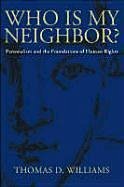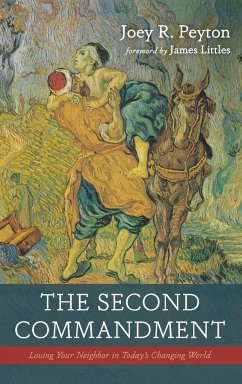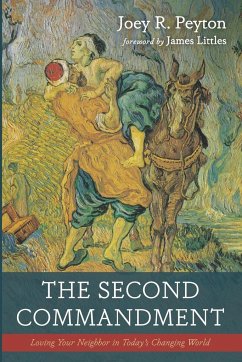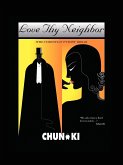Over the past half century the language of human rights has gained such dominance in moral, civic, and ecclesiastical discourse that ethical and social questions are increasingly framed in terms of rights. Yet the vast literature dealing with human and civil rights focuses almost exclusively on the juridical and practical ramifications of rights, rather than the philosophical, moral, and foundational aspects. As a result, the proliferation of rights claims and catalogs has not been accompanied by a reasoned case for the existence of human rights or rational criteria for distinguishing true moral entitlement from spurious claims. Who Is My Neighbor? makes an original, compelling case for human rights as moral entitlements grounded in the dignity of the human person. Drawing upon insights of Thomistic Personalism, Thomas D. Williams sets forth in clear, vigorous prose the anthropological, philosophical, and theological bases for asserting that the human person must always be loved as an end and never used as a mere means. Williams grants ample space to critics of rights theory and systematically answers their arguments by showing how, rightly understood, human rights dovetail with classical ethical theory and traditional formulations of justice and natural law. Williams suggests that rights language not only does no violence to classical ethics but serves to highlight certain fundamental truths about the human person essential to right human relations. Thomas D. Williams, L.C., is Dean of Theology and Professor of Moral Theology and Catholic Social Doctrine at Regina Apostolorum Pontifical University in Rome. He has authored numerous books and articles, includingServants and Witnesses of Hope and Springtime of Evangelization.
Hinweis: Dieser Artikel kann nur an eine deutsche Lieferadresse ausgeliefert werden.
Hinweis: Dieser Artikel kann nur an eine deutsche Lieferadresse ausgeliefert werden.








